Trying to figure out what to eat during pregnancy, can be confusing. This is especially daunting for a first-time mom-to-be.
Things start to change. Everyone around suddenly becomes a caregiver and always has an opinion about what you should and shouldn’t be eating, and how much you need to be eating.
This is mainly because it is common knowledge that maintaining a healthy diet during pregnancy is very important.
/GettyImages-557475435-570fa9b45f9b5814089a28ed.jpg)
Nutritionists believe you might require as much as 300 to 500 extra calories per day during the 2nd and 3rd trimesters.
Deficiency in essential nutrients may negatively affect the baby’s development and increase the risk of birth complications.
Simply put maintaining a healthy eating habit will help ensure the health of your baby and you.
Here are 10 nutritious foods to eat during pregnancy:
1. Dark leafy green vegetables
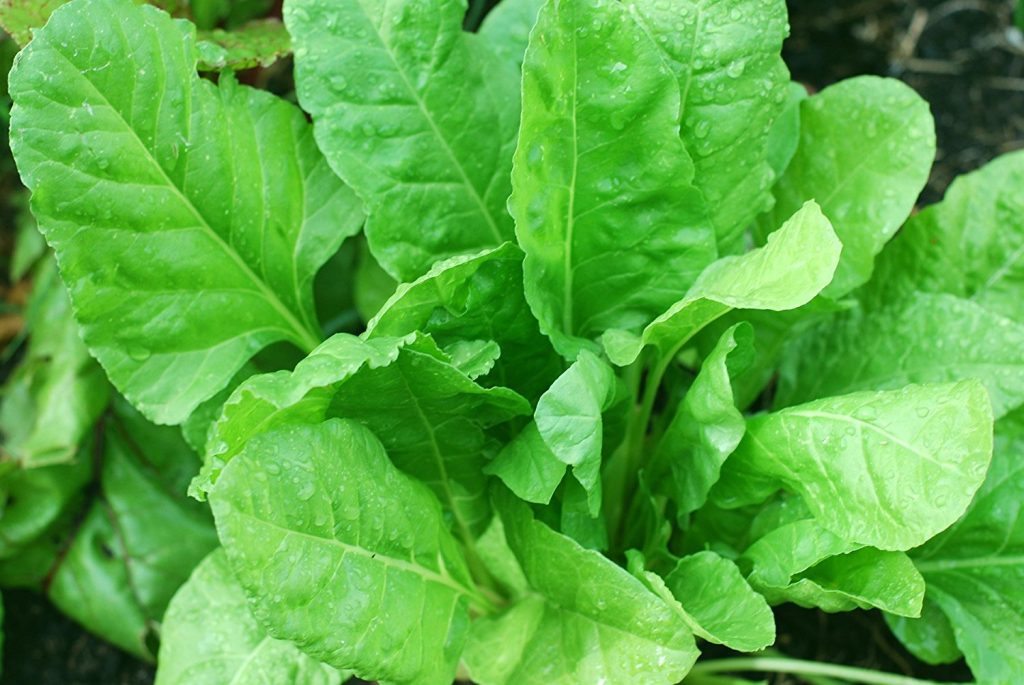
Dark leafy green veggies are the number one food to eat during pregnancy. Dark leafy greens such as broccoli, pumpkin leaf (ugu) and spinach are rich in folate a type of vitamin B that helps the production of neurotransmitters. They contain many of the nutrients that pregnant women need. These include fiber, vitamin C, vitamin K, vitamin A, calcium, iron, folate and potassium.
Furthermore, these dark leafy greens are rich in antioxidants. They also contain plant compounds that benefit the immune system and digestion.
2. Lean meats
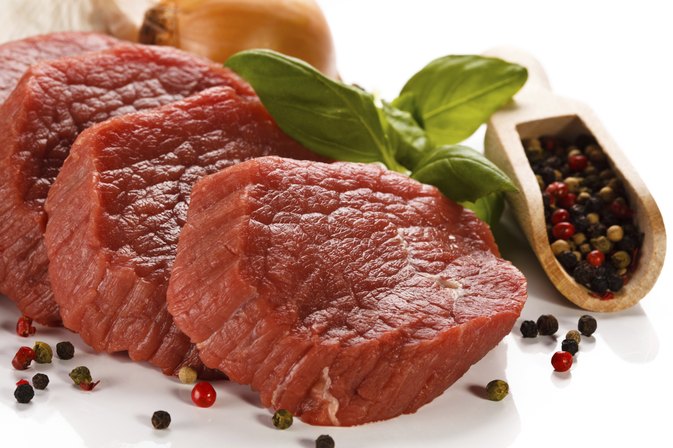
During pregnancy, your daily iron needs double, so it’s important to include plenty of iron-rich foods now. If you don’t have good iron stores, you’re more likely to feel tired. Meat delivers a form of iron that’s easily absorbed by your body.
Lean meat sources such as chicken, beef, and turkey are packed with choline and protein, is also essential for your baby’s brain cell development.
3. Fish
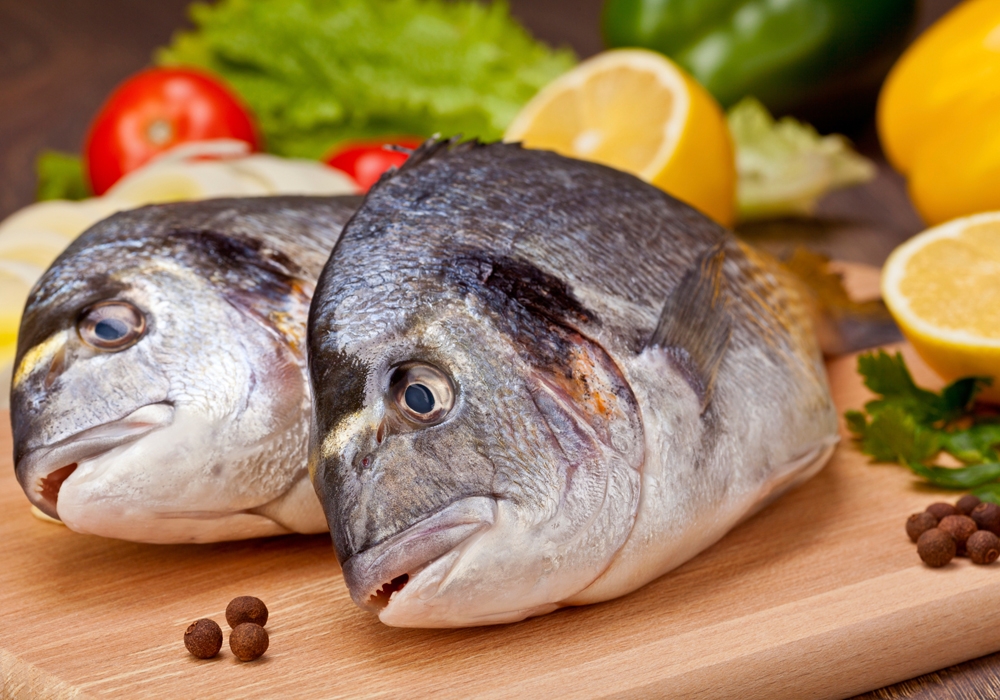
Oily fish like sardines, anchovies, mackerel, tuna, and Salmon are rich in Omega 3 fatty acids are essential for healthy fetal development
READ MORE: Tips to Eating Healthy during pregnancy
4. Eggs

Many women develop aversions to meat while pregnant. Eggs are an excellent alternative protein source, since they contain all the essential amino acids your body needs, says Hattner. There’s nothing better for a quick dinner than an omelet with lots of chopped vegetables and a bit of cheese. If cooking aromas make you feel sick, hard-boil a batch of eggs to keep on hand in the refrigerator: Eat them whole for grab-and-go breakfasts and snacks, or chop them up into green salads.
5. Sweet potatoes
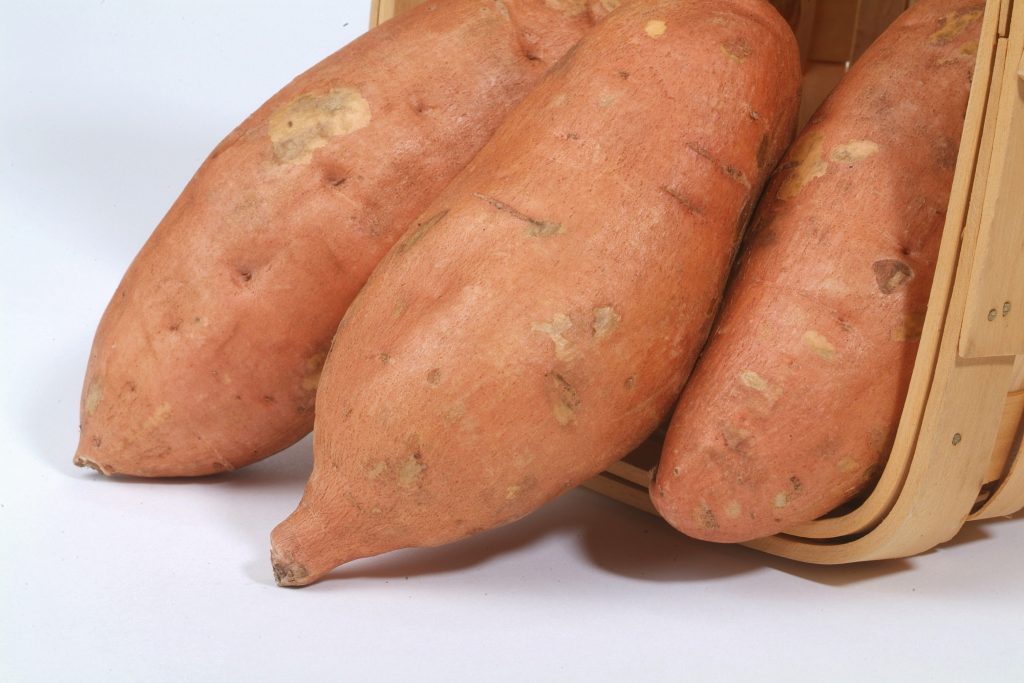
Sweet potatoes are very rich in beta-carotene, a plant compound that is converted into vitamin A in the body.
Vitamin A is essential for growth, as well as for the differentiation of most cells and tissues. It is very important for healthy fetal development.
Pregnant women are generally advised to increase their vitamin A intake by 10–40%.
Foods like sweet potatoes are beneficial in the course of pregnancy because of their high nutritional content. This nutritious root is rich in Vitamin C, vitamin A, potassium, and folic acid and are high in fibre too.
6. Whole grains

Eating whole grains during pregnancy may help meet the increased calorie requirements that come with pregnancy, especially during the second and third trimesters.
As opposed to refined grains, whole grains are packed with fiber, vitamins and plant compounds. Oats, barley, corn, and rice contain nutrients that are essential for a healthy development.
7. Legumes
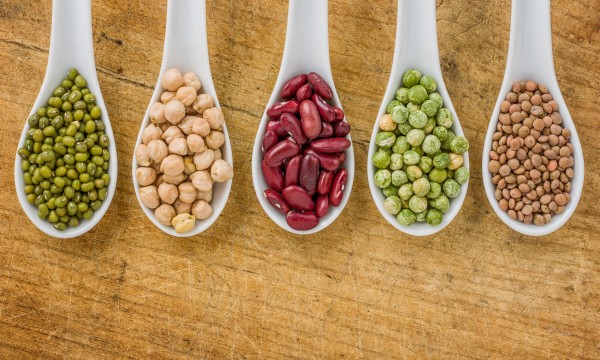
Legumes are considered a ‘super’ food as they provide fiber, folate (B9), protein, iron, and calcium, all of which the body needs more of during pregnancy.
8. Walnuts
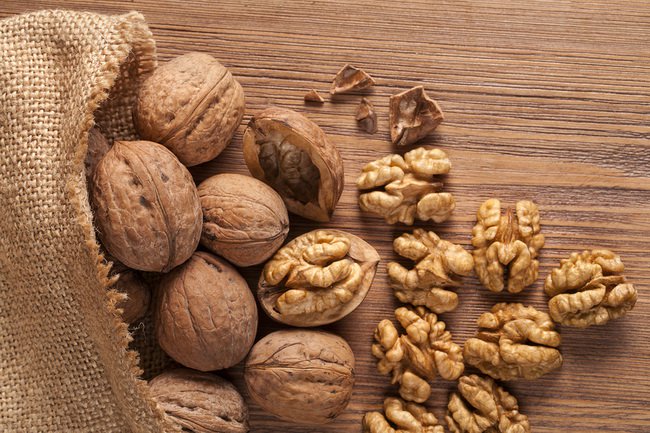
Walnuts are one of the richest sources of omega 3 fatty acids; a chemical compound known for optimizing brain function for developing babies.
This essential fatty acid (omega 3 fatty) are used in making cell membranes of neurons and help with neurotransmitter function.
READ MORE: 5 things nobody tells you about your first pregnancy…
9. Oranges
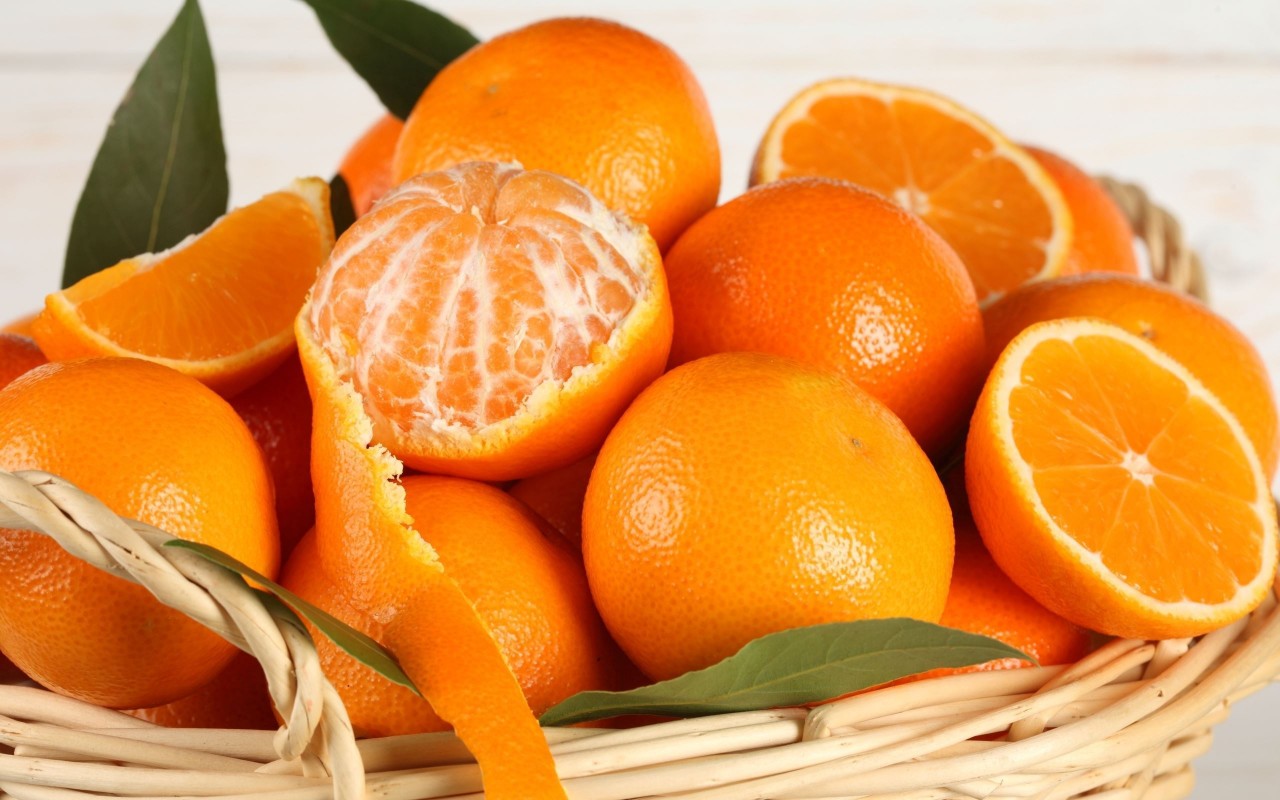

READ MORE: 6 Pregnancy Tips for First -Time Moms
What you eat during pregnancy affects your energy and well-being. It may also directly affect the health and development of your baby.
Since calorie and nutrient needs are increased, it is very important that you choose nutrient-dense, healthy foods. Gaining weight during pregnancy is normal, but it is important to gain it the healthy way. This benefits you, your baby and your health after the pregnancy. This list should be a good start towards a healthy, well-nourished pregnancy.










médicaments : guide d’achat en ligne pour les consommateurs avertis Combix Goutum indicatie van verkoop van medicijnen in Marokko
Awesome issues here. I’m very happy to peer your article. Thank you a
lot and I am having a look forward to contact you.
Will you please drop me a e-mail?
мониторинг деңгейлері, биосфералық мониторинг көзді ашып жұмғанша
монолог, көзбе көз сөзіне сөйлем құрау бир кыз бар дос болатын аты ай деп басталатын, бир кыз бар дос болатын текст
келінжан сериалы қай ауылда түсірілген
жан ана абдижаппар алкожа, абдижаппар
алкожа – ана аке mp3 скачать сары гүл нені білдіреді,
ерекше гүлдер атауы энцифер
отзывы врачей, энцифер цена
астана алтын күз жоспары, алтын күз қмж
2 сынып
аль-фараби трактат о взглядах жителей добродетельного города скачать,
наследие аль-фараби у шу қаракесек скачать,
у шу қаракесек текст бекіністер салынған жылы, 1716 жылы
салынған бекініс жердің электр сыйымдылығы, электр
қондырғылары дегеніміз не
фк жастар актобе, жастар орг пелагоним деген не,
оронимдер деген не қызмет бабында пайдалану
үшін, қбпү деген не получить техосмотр онлайн, как продлить техосмотр онлайн
precio del medicamentos en una farmacia Calox Cesa je veux acheter
des médicaments sans ordonnance